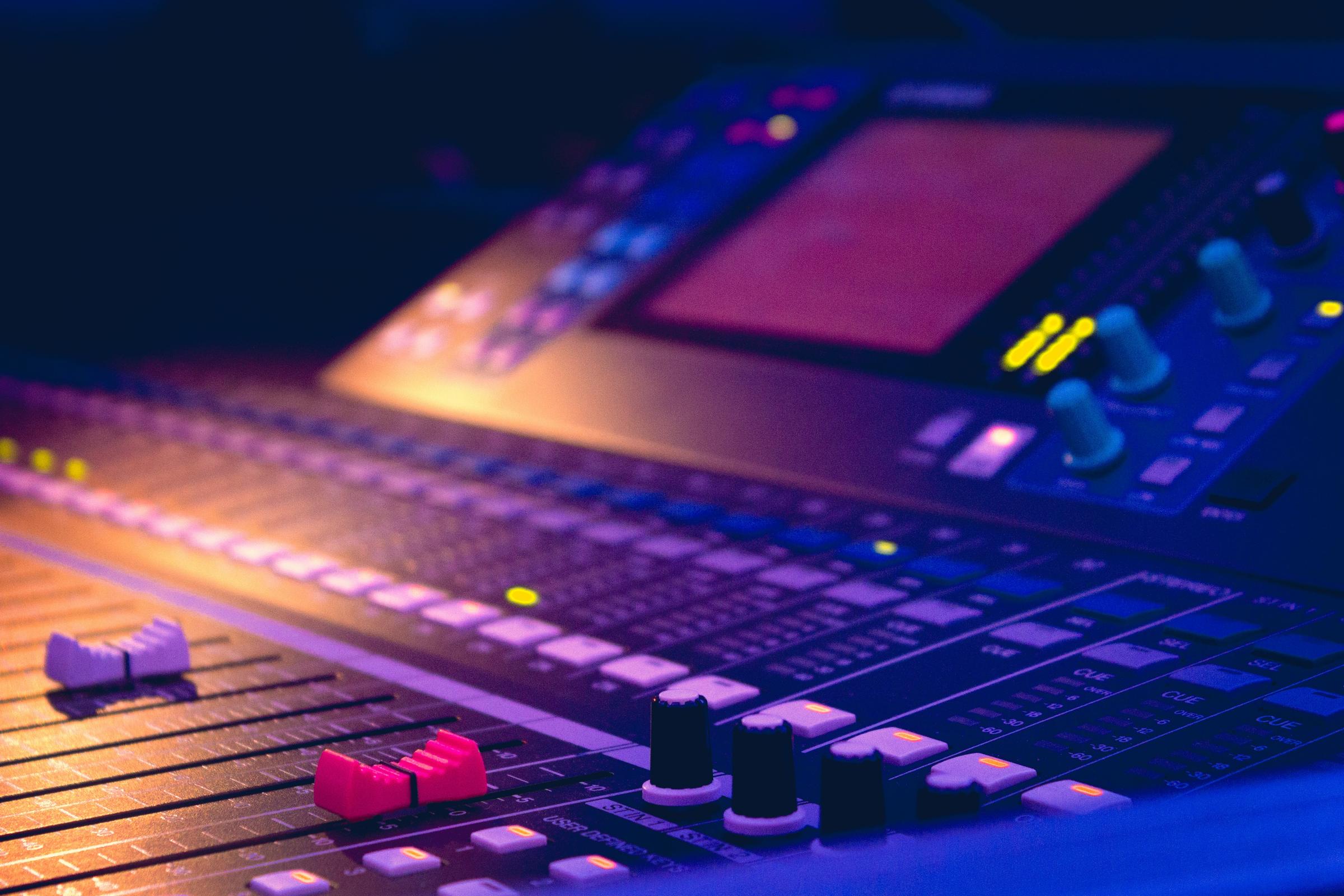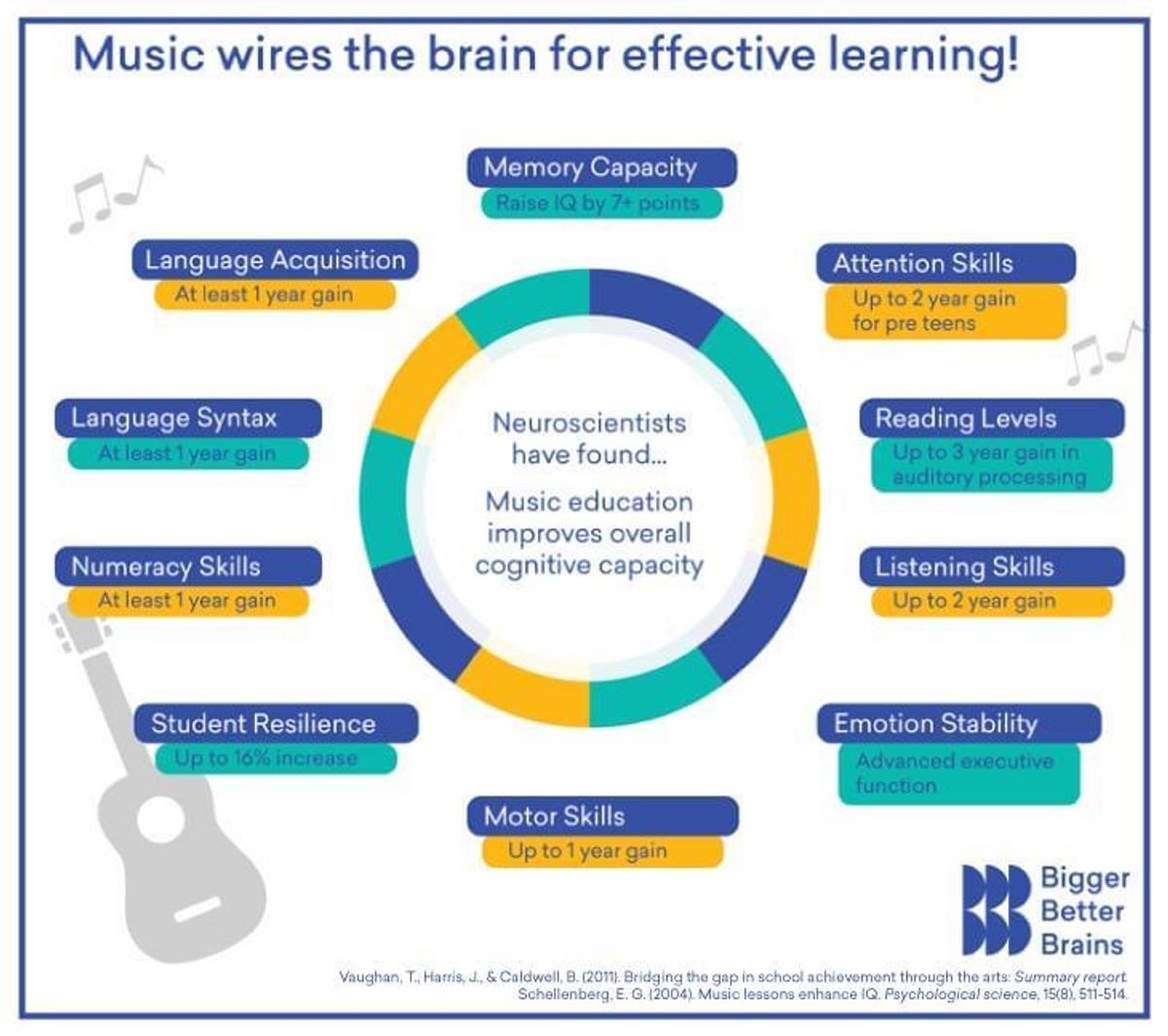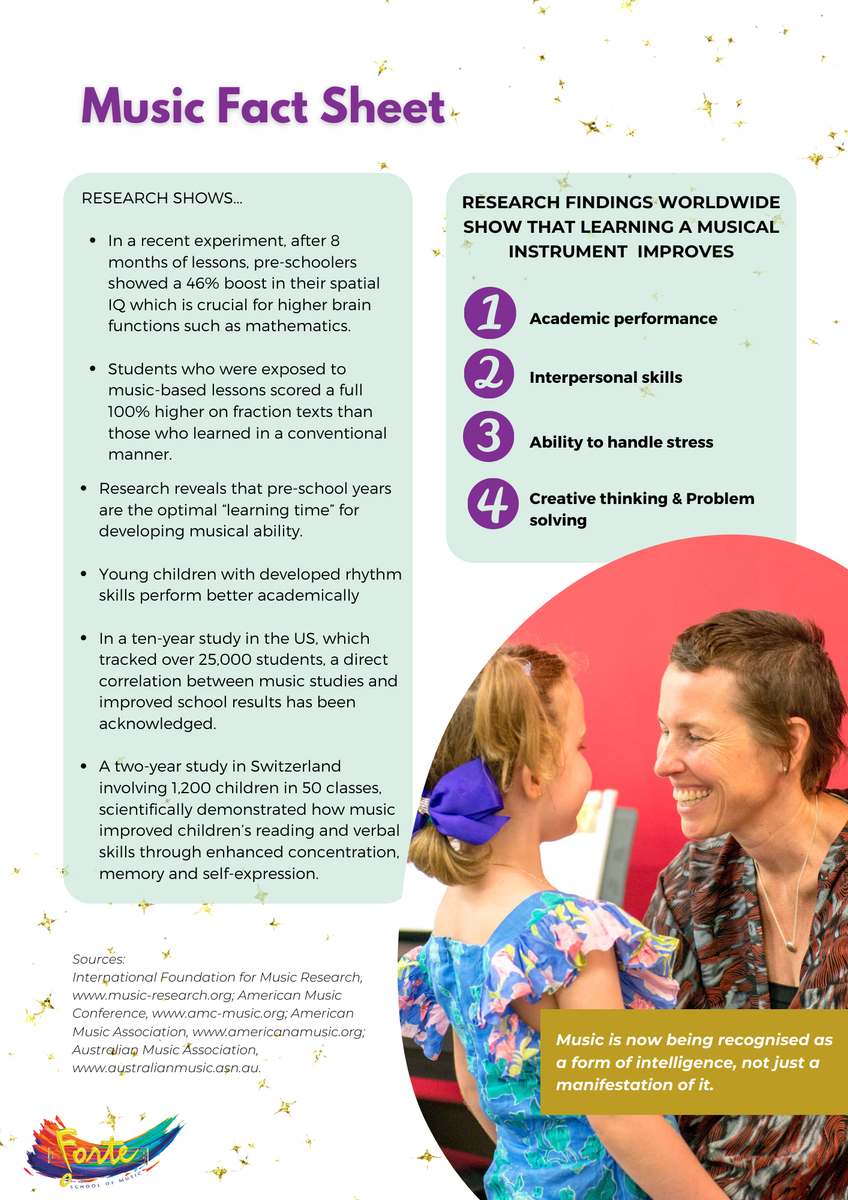FREQUENTLY ASKED QUESTIONS FOR PARENTS

Parents often wonder :-
- How would music lessons benefit my child ?
- Does it really have spin-off benefits? Should I encourage my child to learn an instrument?
- What is the best age to start my child in music lessons or learning a musical instrument?
- What is a good first instrument to learn?
- Does my child need to learn music if my child is already involved in a sport?
- How long would it take before I can see tangible results when my child can play music independently
- Why do we need to sing and move in our music classes?
Much neuroscience music education research findings over the last 3 decades have shown learning music with the medium to longer term intention to play an instrument is vital to children's brain development as the brain needs to coordinate the motor, visual and auditory cortices to "light up the neural pathways" (in the language of neuroscientists) to produce the sound intended. The ongoing process of forming new neural connections can only be possible if we create enriched learning environments that fully engage our students in the musical experience. As such our Forte approach is aimed to move beyond the read-then -play techniques but we engage our students using a multisensory, multimodal approach combined with a focus on auditory learning as it strengthens the neural pathways and enhances memory retention.
Learning to play an instrument builds confidence in learning and inspires creativity. It teaches not only notes and rhythm but self -discipline and patience. It offers a form of self-expression that comes from the heart while also engaging the intellect. It is definitely a holistic endeavour!
Learning to play a musical instrument involves a process that is similar to sports. It is a journey. The initial stage of the journey may not be as "fun and enjoyable" until the student connects with the instrument. The journey can take at least 5 to 7 years before a student can make all the connections with all the music elements -pitch, rhythm, harmony, scales and cadences and able to apply his theoretical knowledge and audiate (able to give meaning to the sounds) whilst he/she play an instrument.
The combination of learning the skills of a sport and learning the skills of playing music have been found to be an incredibly powerful combination for brain development. The skill sets are likely to make them a more well rounded, happy and healthy child.
Learn more here regarding Dr Anita Collin's findings to the above questions.
Dr Anita Collins is an award-winning educator and researcher in music education and brain development.
Here is a summary on the above findings by way of a fact sheet:-
Music is so important to the developing brain. The fundamental importance of being able to keep the beat has an impact on reading fluency. Every clap, tap and rhythmic beat children can synchronise creates the pathway to their reading journey/literacy. Learn morehere


